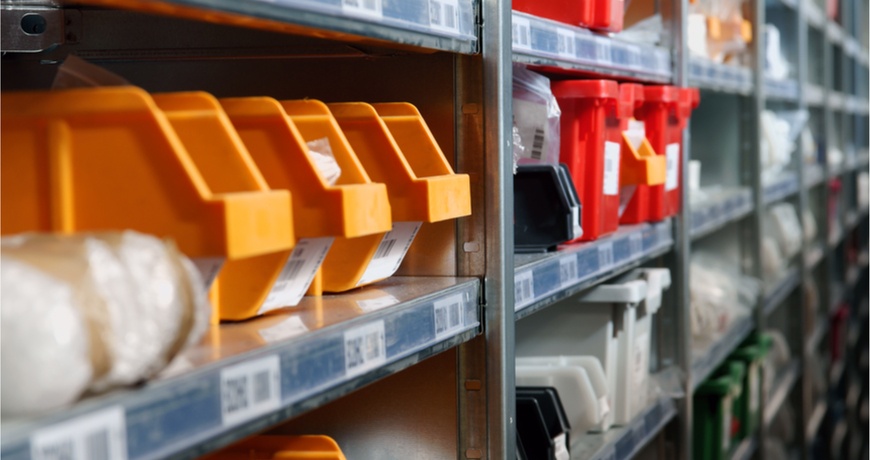When I walk into the average factory in Ningbo or Shenzhen, I have to walk around their inventory. They commonly hold more than 2 months of inventory (between materials, work in process, and finished goods)! Surely there must be a better use of funds, so could 'just in time' work in China?
Too much inventory is a problem

The problem is, it costs manufacturers in China serious money. We listed the costs of inventory before:
- Cost of borrowing
- Cost of warehousing
- Cost of obsolescence
- Cost of not selling
- Unneeded motion
- Unneeded waiting
Overall, it is estimated to cost about 25% a year of the total value of the inventory. If you hold 5 million RMB in inventory, it is costing you about 1.25 million a year!
Obviously, the dream is to hold only the inventory that is necessary to make what is ordered, at any point in time. It is usually called JIT (Just In Time).
Why is Just In Time considered very difficult?

Imagine you hold no inventory. You get an order from a customer, and then you order the components/materials from your suppliers. You tell your suppliers you want just the quantity you need, all of them of good quality, and delivered on a precise date and in a precise location (if possible a workshop rather than your central warehouse).
Is this realistic?
If you are an OEM car assembly plant, it probably is.
Otherwise, I bet you wouldn’t even dream of this situation. There are several issues with it:
- Suppliers have MOQs (Minimum Order Quantities);
- Supplier quality is up and down, and you might have surprises;
- Suppliers are often late.
Is this true as a general rule in China? Yes in most industries, from apparel to furniture and from plastic injection to die casting.
What does it take to have Just In Time inventory?
As David Collins, COO at CMC, puts it, “JIT is not a dream here in China.” And the key is, it takes work with your suppliers.
Watch this video on this topic (on Youtube):
If your strategy is to work ‘JIT’ and keep your operations lean and flexible, you can’t keep working with the same people, doing the same things.
We have found that some suppliers are open to changing their ways. They can accept to deliver smaller volumes, at precise times, etc., in exchange for a slightly higher price. (It is not hard to build a business case that justifies a higher unit purchasing price.)
But it is just impossible with other suppliers – maybe they are too large relative to your business, maybe their processes are under very little control and their quality can’t be trusted… You have to decide whether you should start sourcing a new supplier or spend a bit on supplier development.
So the response is yes, Just In Time is generally possible in China… but it will take some work!
What about your experiences with inventory reduction and JIT? Have you managed to make progress in that direction? What were your biggest obstacles?
Tell us your thoughts and ideas on this or other topics relevant to manufacturing and running a China factory by leaving a comment below please.





